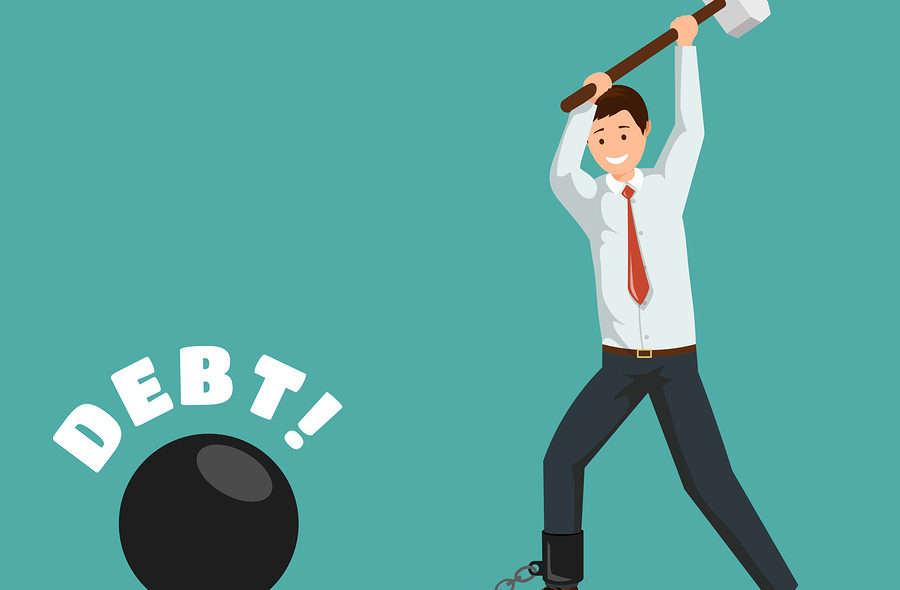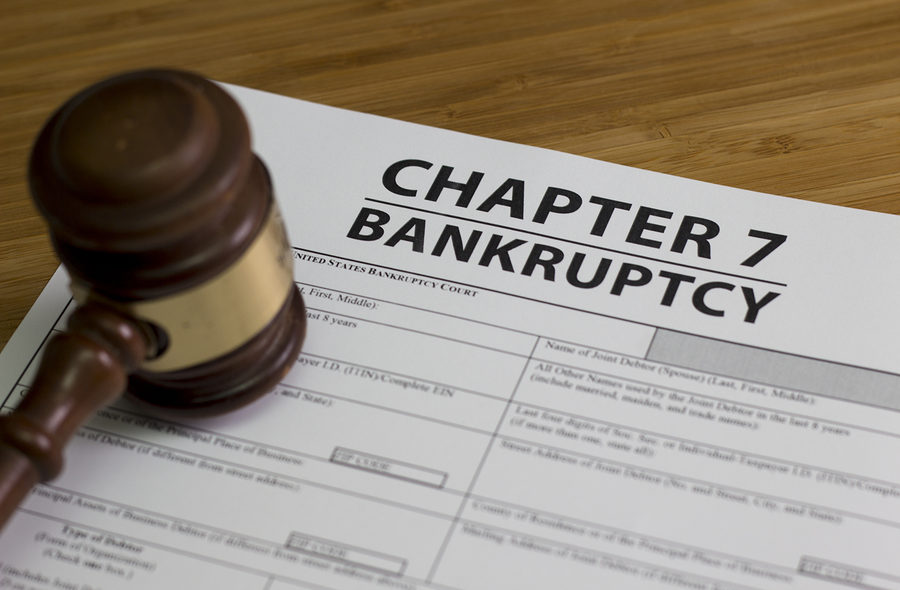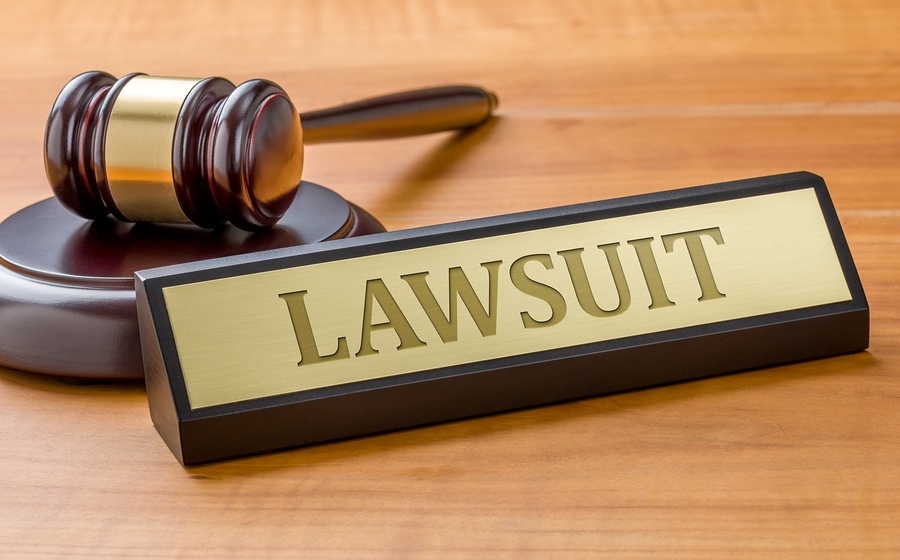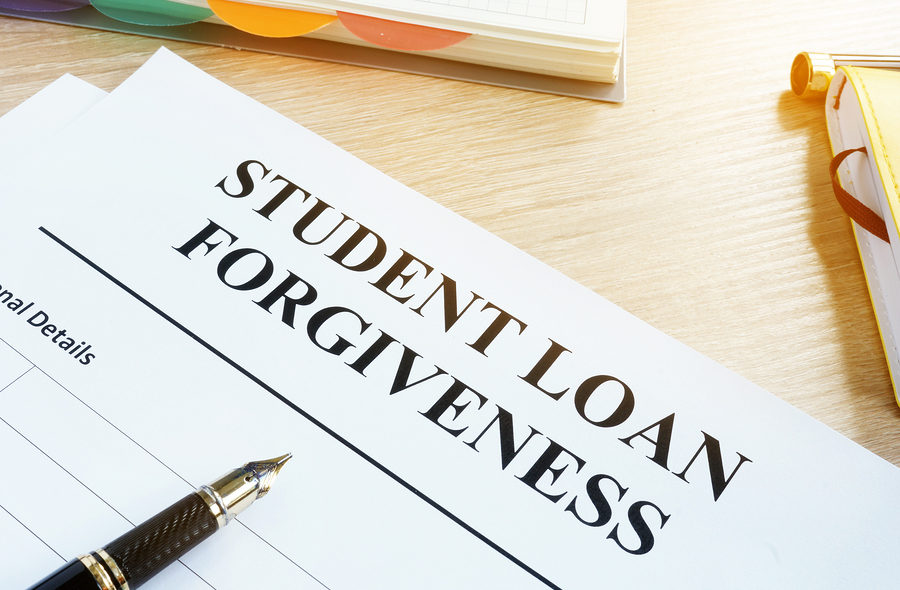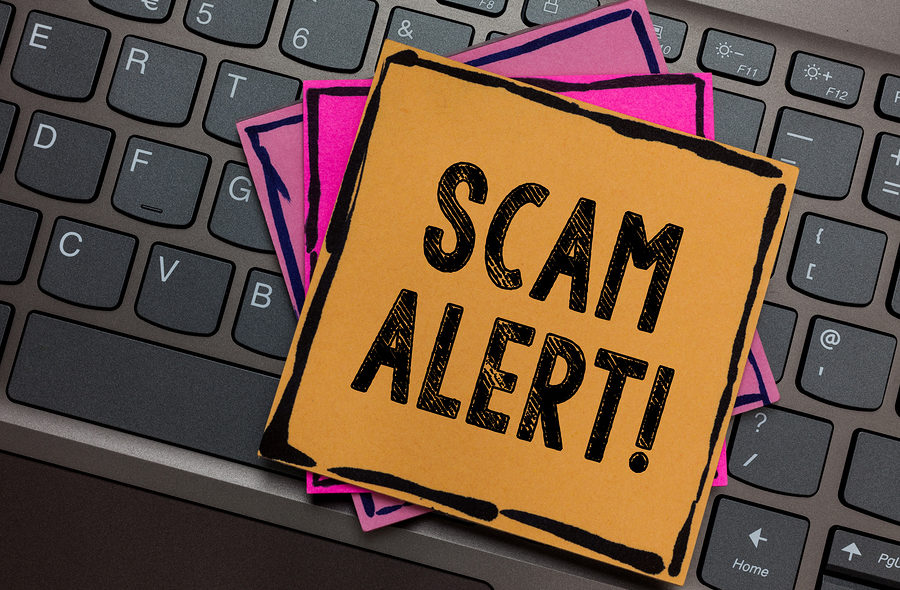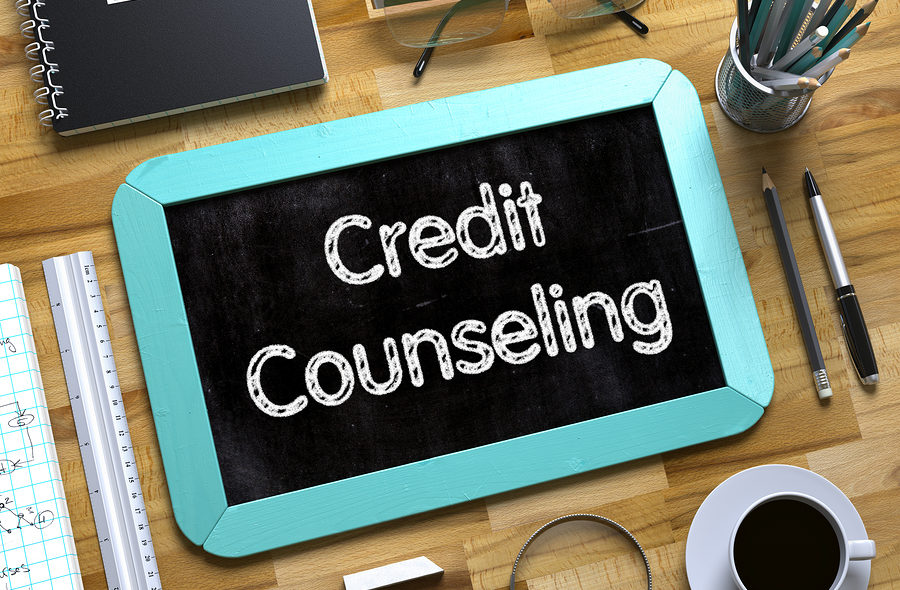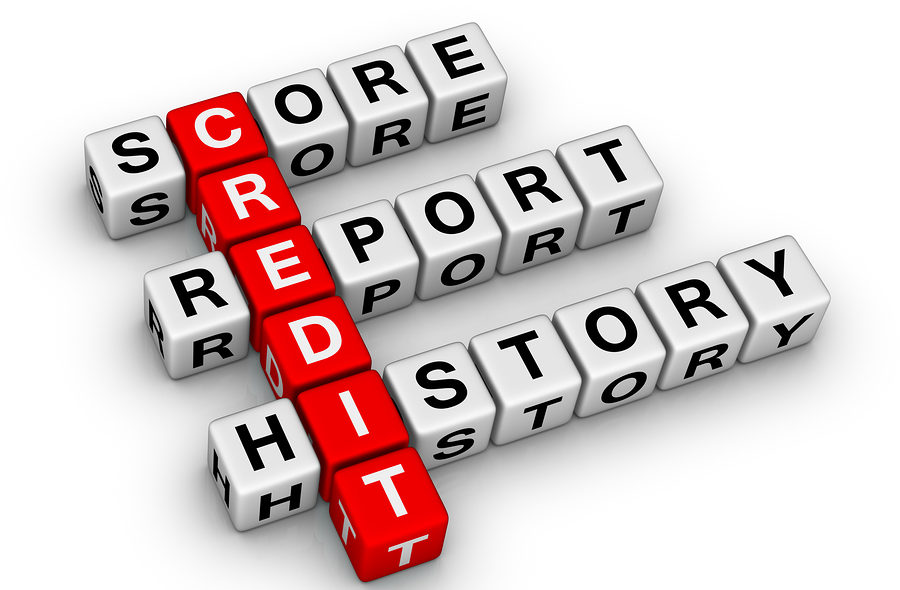Becoming debt-free is a popular resolution in the New Year. As people are coming off the holidays, they often have larger credit card bills coming due. Approximately 7 in 10 people have at least one credit card. More than half of the cardholders already in debt were willing to put gifts and holiday expenditures on credit cards, according to Creditcards.com.
Snowball or avalanche method
What is the best way to pay down debt?
The snowball method involves looking at all your debts and picking the one with the smallest balance. Ignore the interest rate and type of debt. Choose the smallest amount and put all your resources into paying that off. While doing so, keep up with the minimum payments on all your other debts. The theory is that aggressively attacking the smallest amount will allow the individual to see immediate results, which then kicks motivation into high gear.

